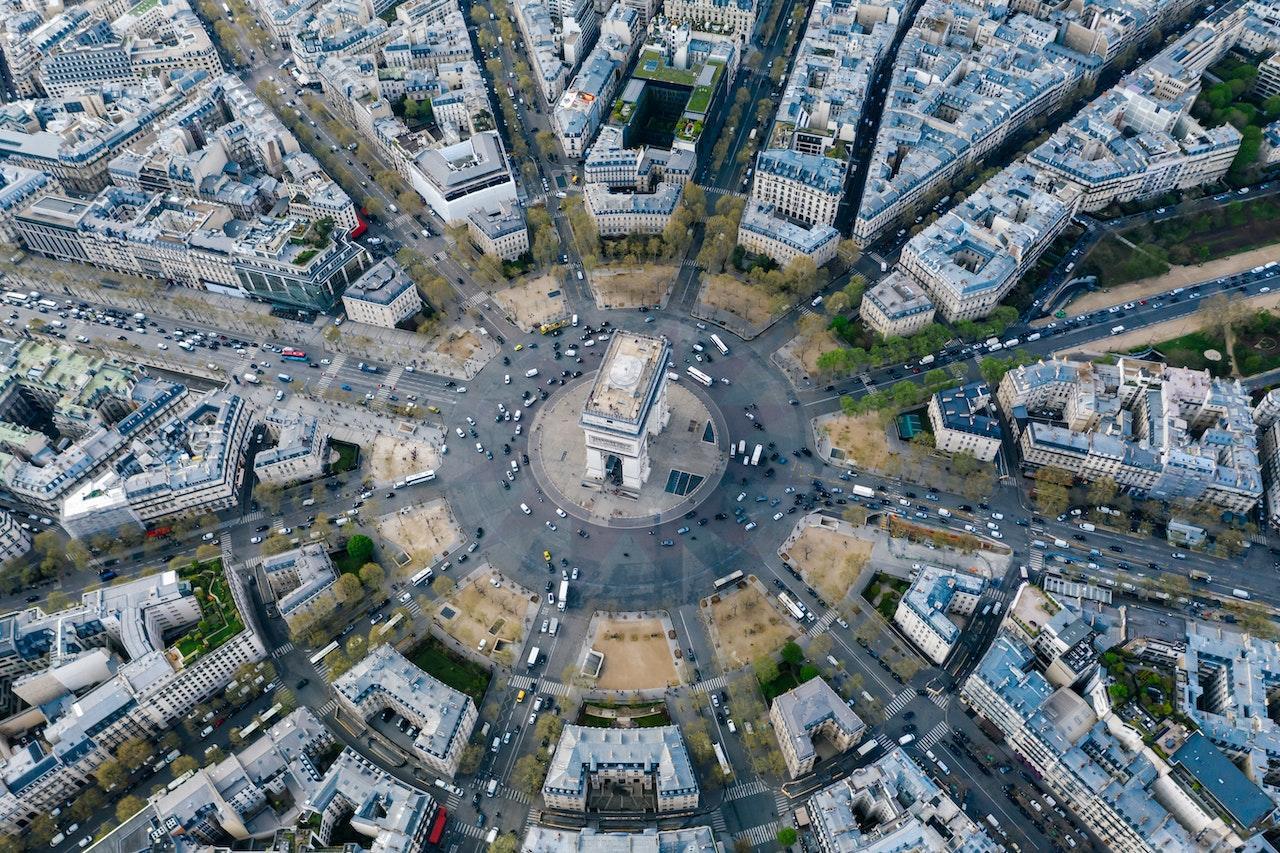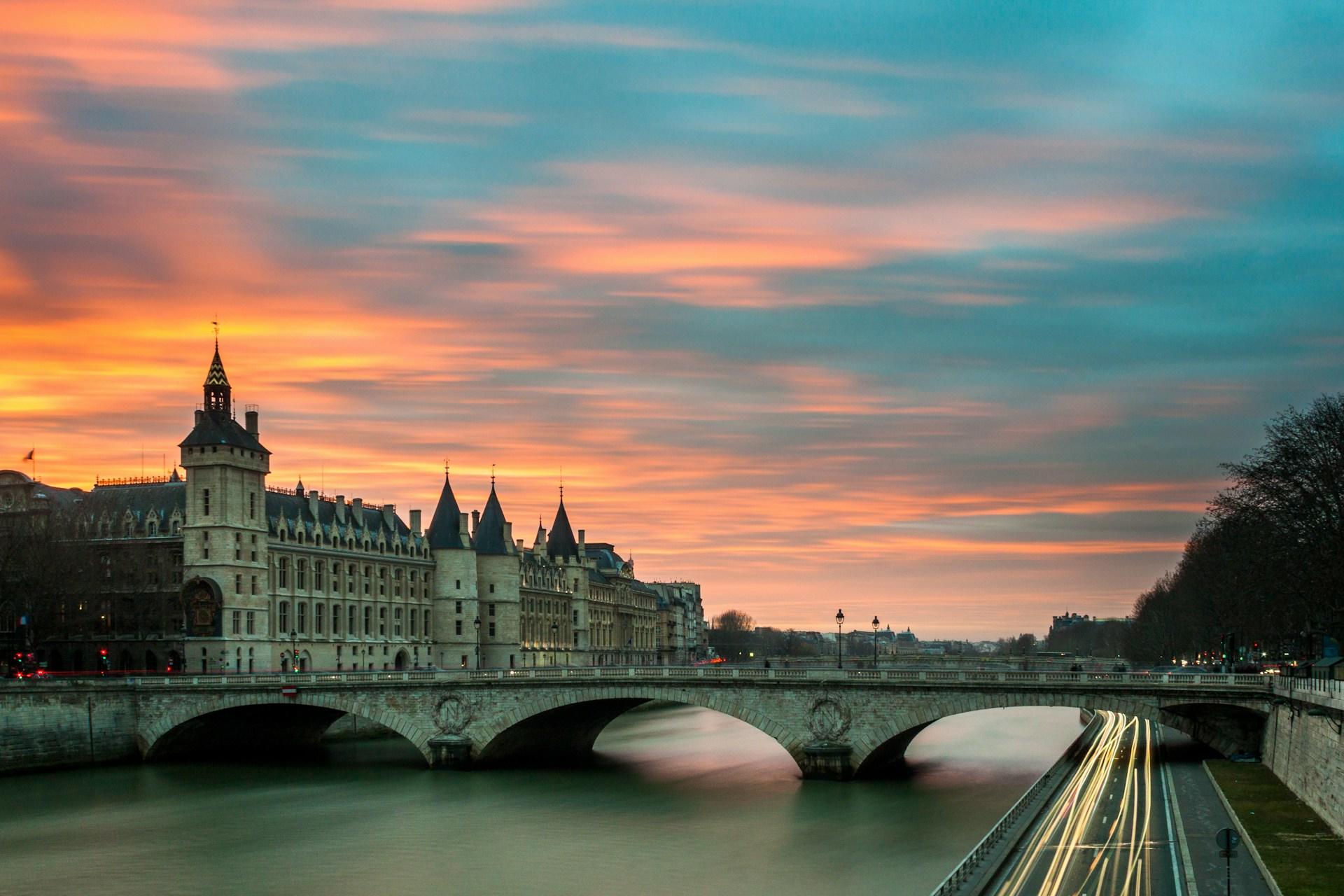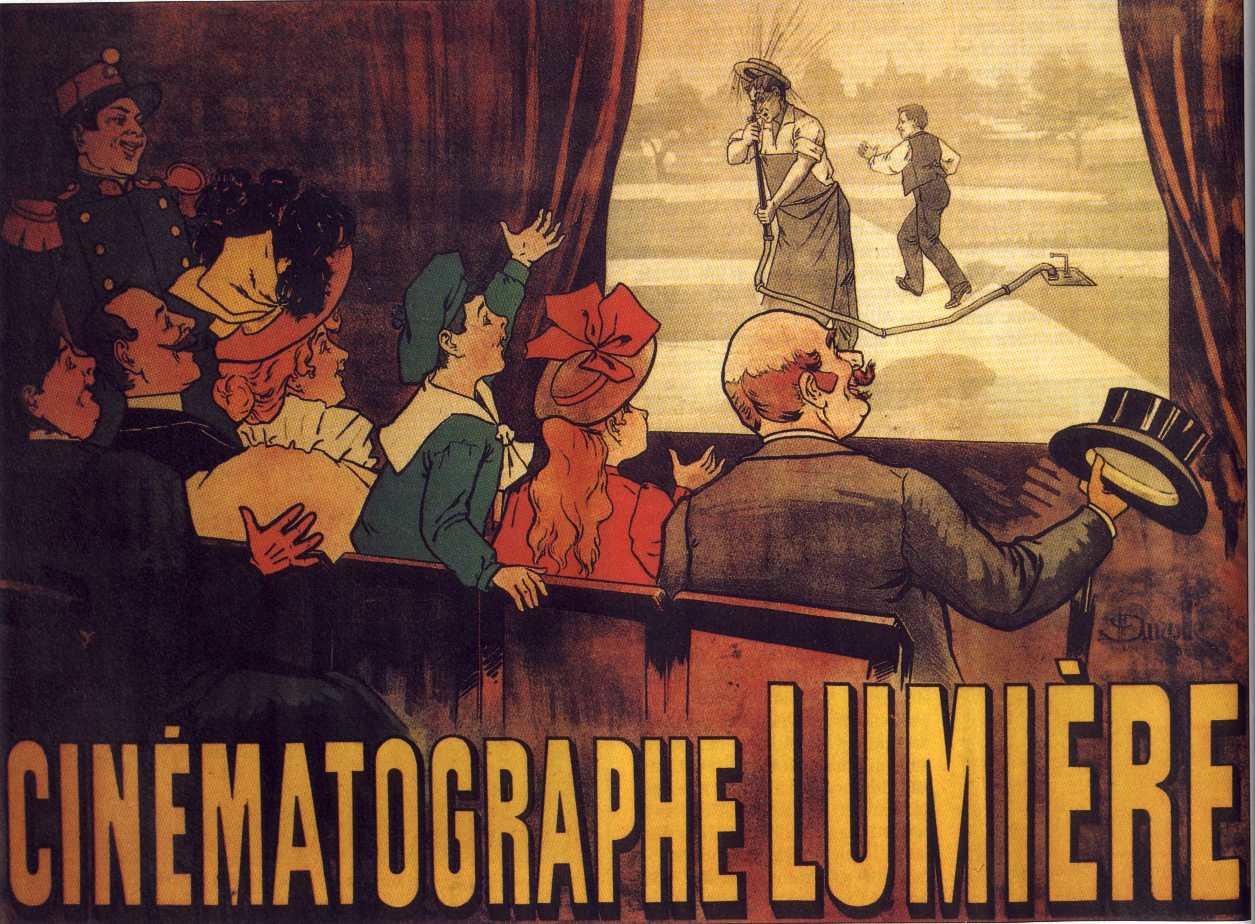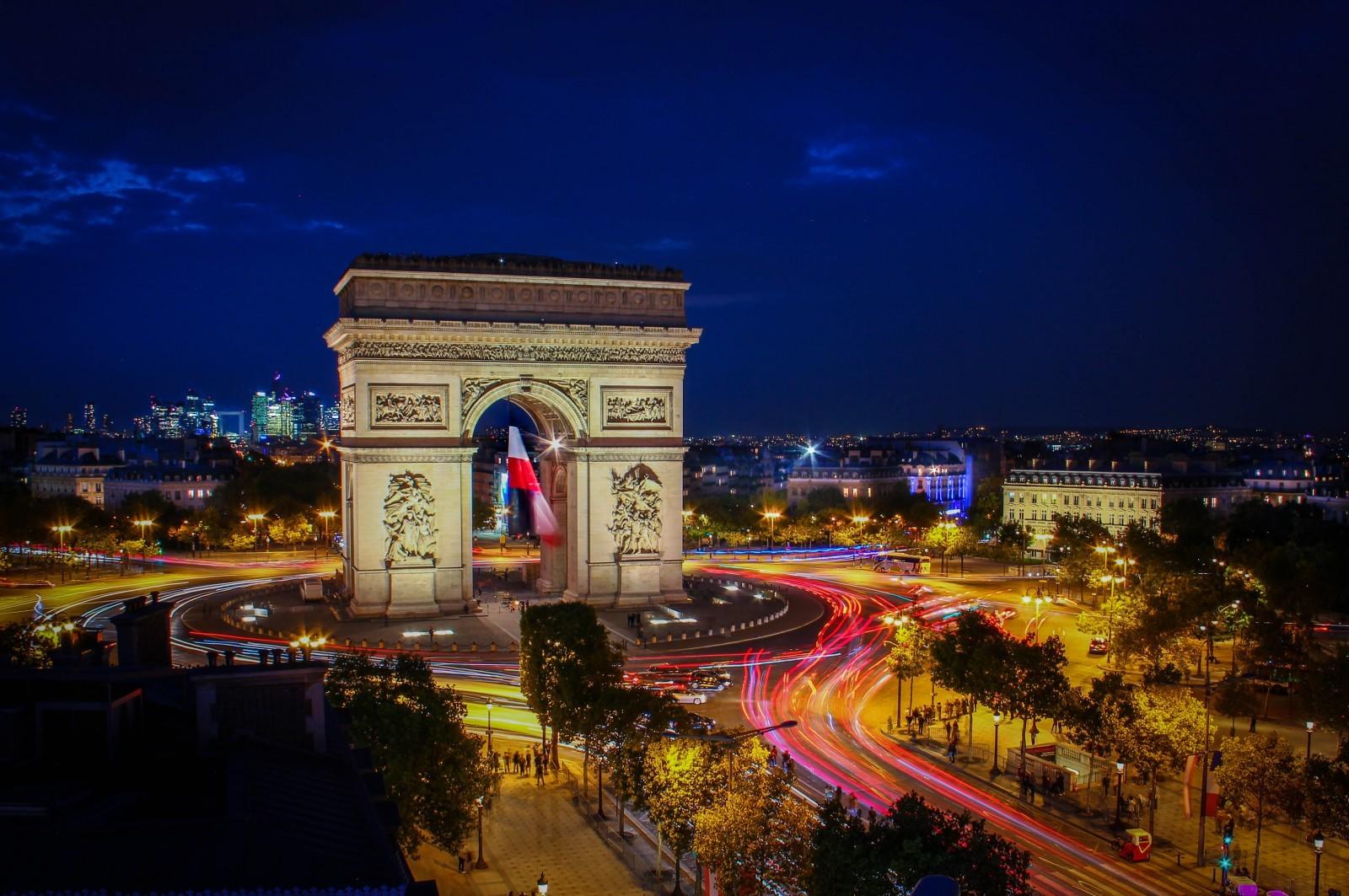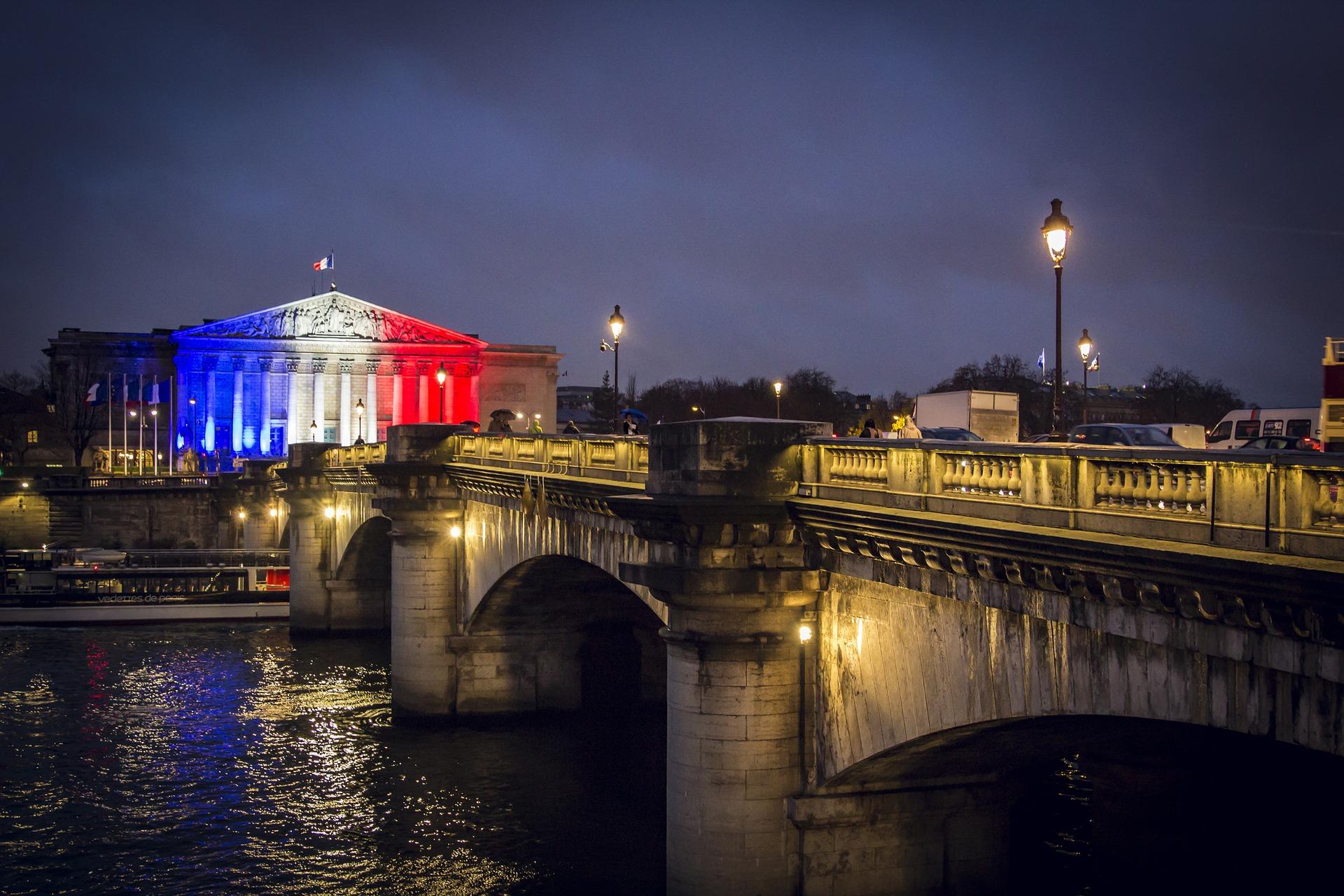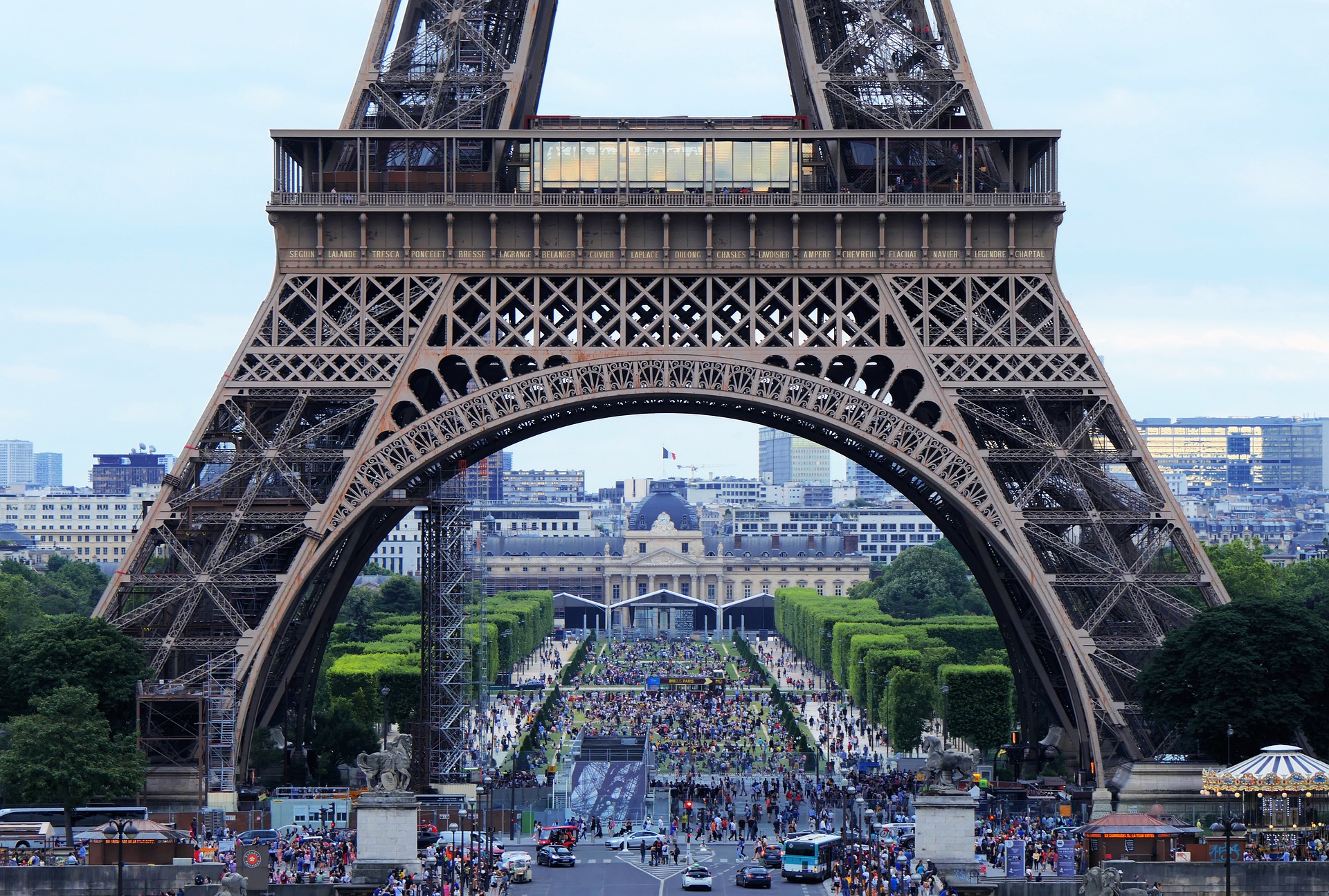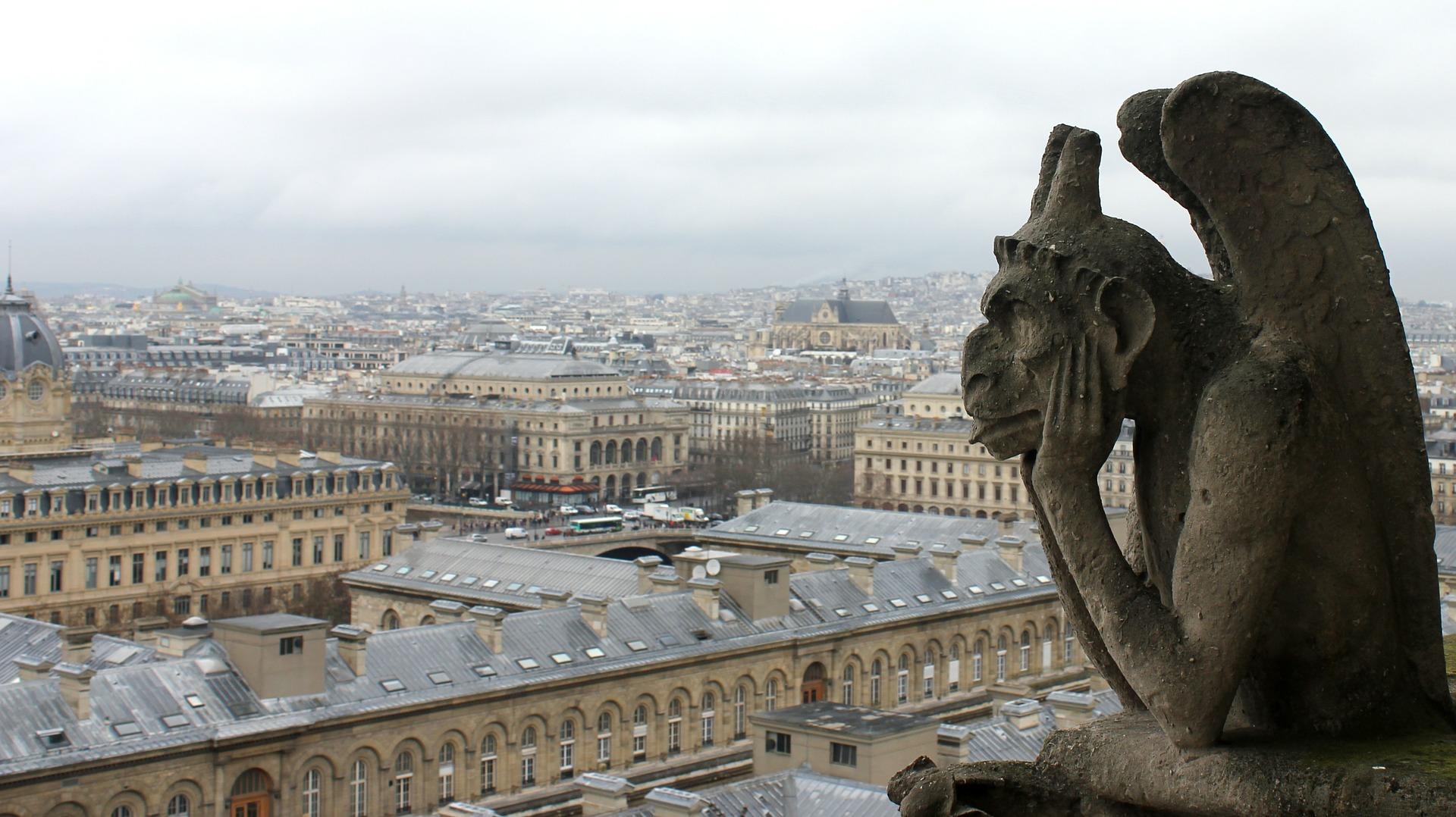The French Revolution of 1789 is perhaps the most pivotal event in French history. Not only that, but many of the Revolution's outcomes changed political and social systems around the world. It began out of profound discontent, born of economic and political powerlessness. In this article, we cover how has the French Revolution impacted us today.

French Revolution Timeline
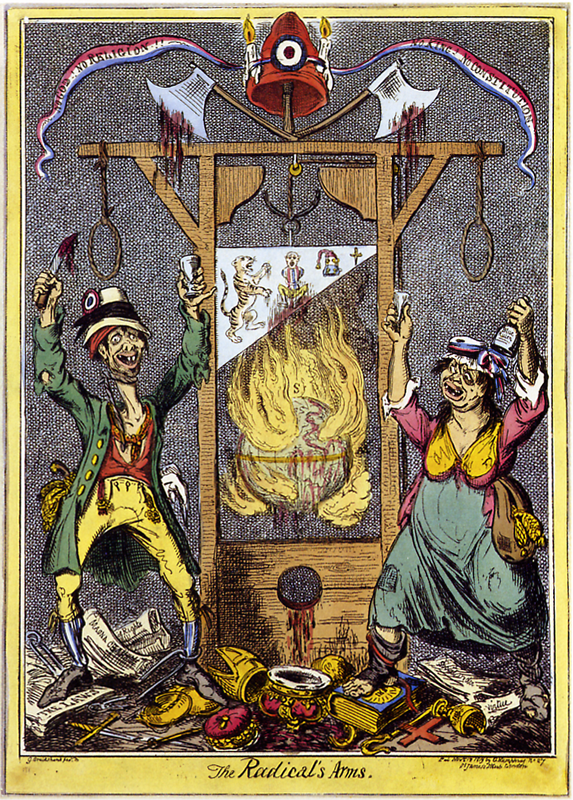
The 1789 French Revolution came about for many reasons. Since the early 1700s, the royalty's wild spending - on wars, on royal indulgences, and on corrupt activities- bankrupted the country. Because of that, the majority of the French population was unhappy with the country's economic and political systems.
King Louis XVI was the reigning monarch at the time of the Revolution. He ascended to the throne on May 10, 1774, after his grandfather's passing.
He was weak and indecisive, but had lofty ideas, many of which enraged the citizenry. We begin our timeline with his ascension, as he was arguably the reason revolutionary sentiments took root.
This timeline outlines the main events of the French Revolution:
1774
The Dauphin becomes King
He inherits a depleted treasury and mountains of debt
1775
Food shortages due to bad weather and poor harvests
The citizens revolt.
1776
The King supports the American Revolution
His finance minister, Jacques Necker, incurred massive debt to finance the war effort.
1781
Necker publishes the king's accounts
Citizens believe the monarchy is rich.
1789
The King fires Necker, and attempts to ram through new taxation laws.
The citizens resist added taxation.
1789
Citizens storm the Bastille
This event marks the official start of the French Revolution.
1792
The National Convention forms
Robespierre was elected as a deputy
January 1793
King Louis XVI executed for treason
On the orders of the National Convention
April 1793
The Committee for Public Safety established
Ordered arrests of alleged Revolution opponents.
September 1793
The Committee declares France "Revolutionary until peace"
State of emergency enforced, violence is encouraged.
1799
Napoleon seizes power.
His ascension marks the end of the Revolution.
These key events, that caused the French Revolution, are summarised in this clip.
King Louis XVI would be the last absolute monarch of France. Later, long after the Revolution, the French would install another Bourbon King, but only as a constitutional monarch, with limited power.
Find French lessons on Superprof.
Important Events of the French Revolution
The facts about the French Revolution above list the revolution's most impactful events. Now, we study the tensions and undercurrents that don't fit neatly into a timeline.
Ending the Ancien Régime
The aristocracy was angry about the king's attempt to tax them, to pay off the national debt. They came rather late to that party, as the rest of the population had already had enough of the way the country was being run.
Wealthy landowners contributed little to the state, and the Church, the clergy, even less. By law, it was forbidden to tax those groups.
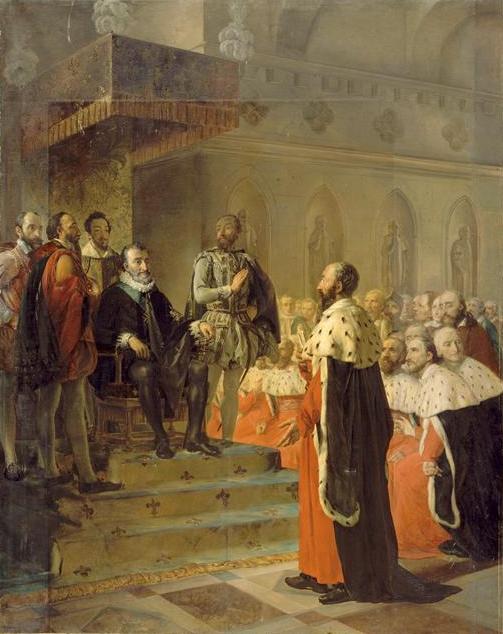
The Third Estate, everyone from merchants to peasants, were falling further into poverty, and being taxed yet more. Years of poor crops made food more expensive. Among King Louis XVI's proposals, raising grain prices provoked particular ire.
From April to May 1775, a series of riots broke out as bread became too expensive.
The privileged classes, the clergy and nobility, had little reason to think about changing the current ruling system. After all, they benefited greatly from the way things were. Furthermore, they found many opportunities to gain even more, through corruption and predatory schemes.
However, these groups were in the minority. In pre-revolutionary France, the Third Estate comprised the majority of the population. It was they who sought an end to the ancien régime.
The social and political systems of France.
In place from around the 1400s until the French Revolution.
The importance placed on social status drove the call to political reform, and set the stage for revolution. Following the rejection of the Third Estate’s call for equal voting rights, the commoners formed the National Assembly.
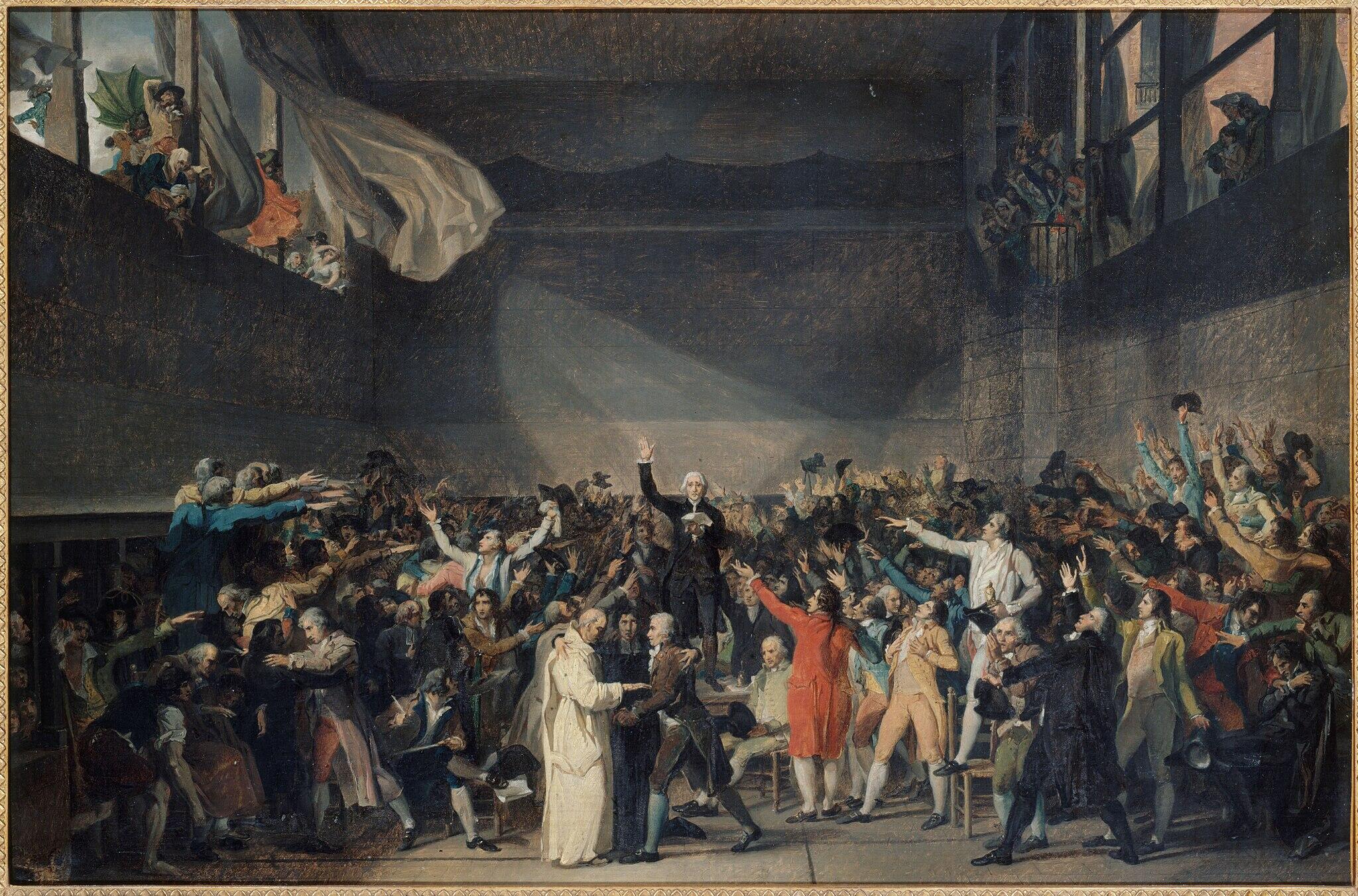
🇫🇷 You can start taking French classes Melbourne today.
Forming the National Assembly
The formation of the National Assembly was the first major step towards revolution. Once its members took the Tennis Court Oath, revolution was on the cards. With the oath sworn, the National Assembly vowed not to disband until France had a new constitution.
This pledge got its name because the king locked the Assembly out of their usual meeting room. The group convened on a tennis court, near the Palace of Versailles
Maximilien Robespierre became a central figure in the Revolution events, particularly during the Reign of Terror. He led the tribunal that ordered the execution of Marie Antoinette, the widowed queen, and her husband, before her. He also led the charge against the clergy, commanding thousands of nuns, priests, and monks to the guillotine.
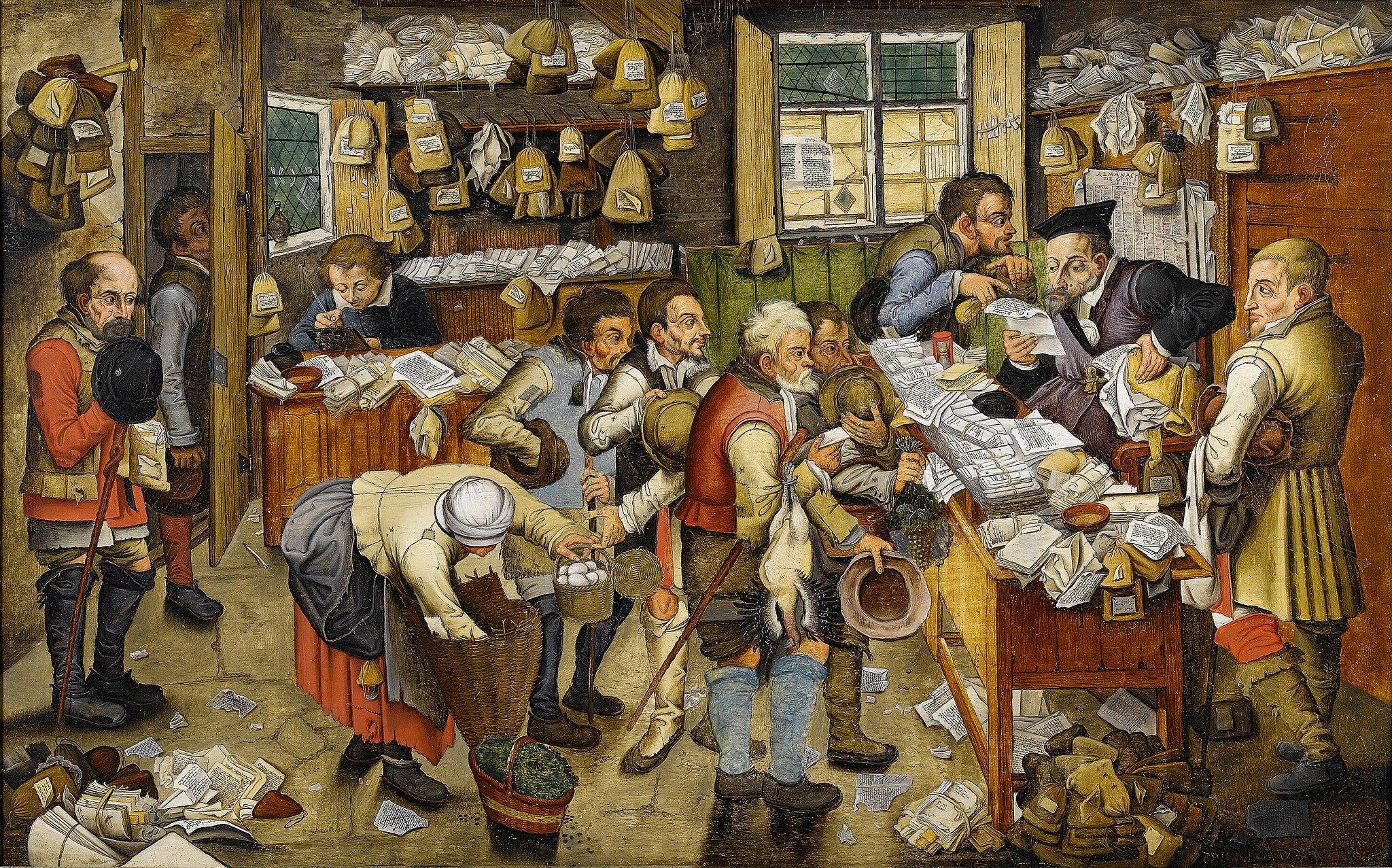
Regulating Economic Activity
Throughout France, abuses of power were rampant. Though Paris was officially the country's seat of power, it had little control over what landlords did elsewhere in the nation.
Those worthies increased their wealth by imposing fees and taxes. For instance, should a commoner need to cross their land, or access their forests, those travellers would pay a usage duty.
To refill the state's coffers, the king hired regional tax collectors.
These collectors were supposed to assess what should be taxed, collect the dues, and remit them to Paris. However, lax supervision and a tolerance for corruption, allowed tax officials plenty of graft. Here's how it worked:
- Orders from Paris declared the amount of tax to collect.
- The collectors make the rounds, collecting at least enough to satisfy the stated amount.
- The tax monies returned to Paris, in the exact amounts specified.
- The tax collectors kept the difference between what they collected and the amount they forwarded for themselves.
Considering how debt-burdened the common folks were, the punitive system of being taxed from all sides provoked outrage. A rebellious atmosphere took hold of those outside the city. Rural peasants left their restrictive land and work contracts, and vandalised their landlords’ property.
Look up French classes Sydney on Superprof and learn more about the French Revolution!
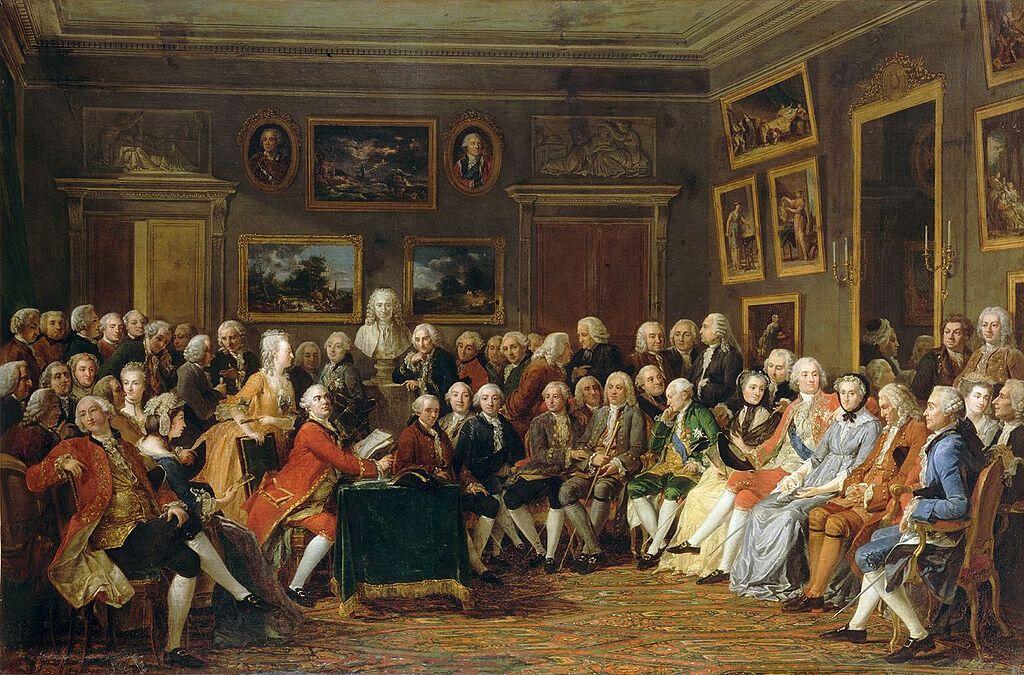
Building a New Government
The French Revolution collided with Enlightenment thought. Ideas from great thinkers like Voltaire and Montesquieu pointed the way to an equitable government. Their first step towards a more equal society was getting rid of the estate system.
The second phase was minimising the role religion played in state affairs. For centuries, the Catholic Church advised the monarchy on policy, and secured privileges for itself. It grew wealthy off of tithes, owning property, and receiving money from the king.
Nationalising Church-owned lands and property helped balance the country's treasury.
Not only did this save France’s economy, but it also gave the lower-classes the chance to own property, or expand their holdings. As commoners were now allowed to go into debt, many did, to invest in land.
To guarantee that the country could never again revert to a feudal system, the fledgling government drafted the Declaration of the Rights of the Man and of the Citizen.
The document states that all French citizens will have equal rights, regardless of social class. It also set forth the right to free speech for all.
This declaration is one of the French Revolution's most impactful outcomes. It not only shaped the new French government, but also governments around the world. Today, we still see aspects of this Declaration in constitutional documents worldwide.
Consequences: What Did the French Revolution Lead to?
‘liberté, égalité, fraternité’ (liberty, equality, fraternity)
Maximilien Robespierre
The French Revolution reshaped the country’s political and social landscape. Furthermore, it helped shape political theory and governments around the world.
The fight to birth a new nation out of a corrupt, punishing system induced a Reign of Terror that cost thousands of lives.
and description
Today, signs of the French Revolution are everywhere across the country; they permeate French life. July 14 is France's national holiday; it commemorates the storming of the Bastille.
The government structures hewn out centuries ago remain, too. And, of course, the French motto, quoted above, uttered by one of the French Revolution's most infamous figures.
Today's French citizens engage in politics. From street-level protests to casting electoral ballots, this population is one of the most civically active in the world. To do any less would be spitting on their ancestors' graves.
Across the globe, countries still follow the Revolutionary government systems they adopted so long ago. Those include two-chamber (bicameral) legislative bodies, open elections, and referendums.
The struggle for equality is another enduring aspect of the Revolution. In France, as everywhere else, citizens strive towards this ideal. Stories of the French Revolution in film and print, show us how arduous this task is.
Summarise with AI:

